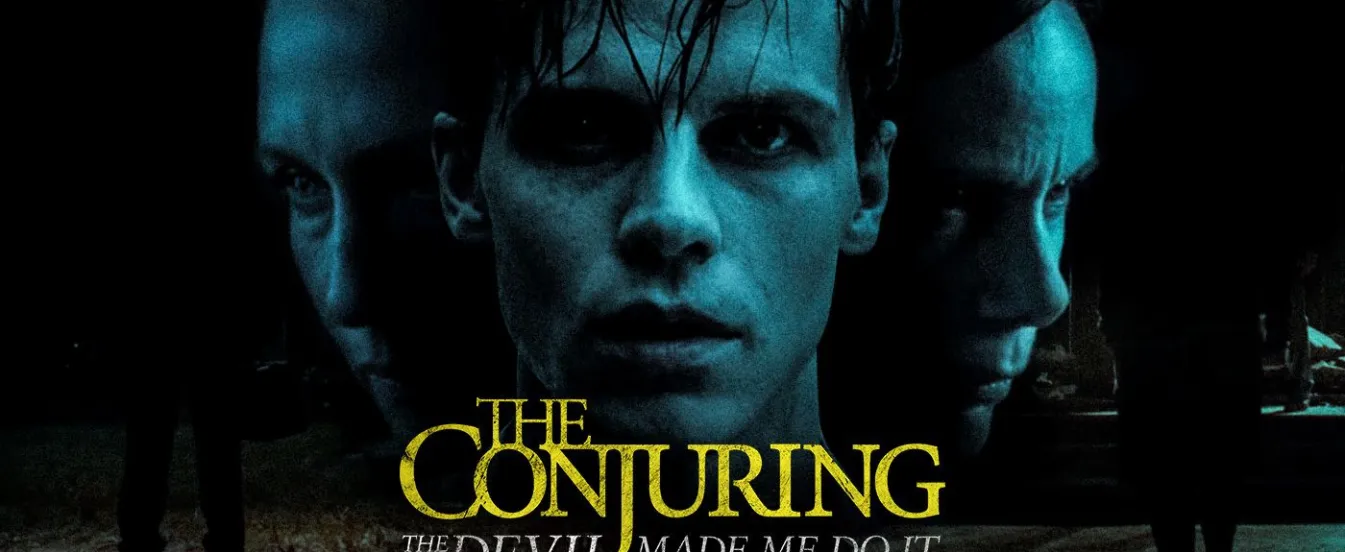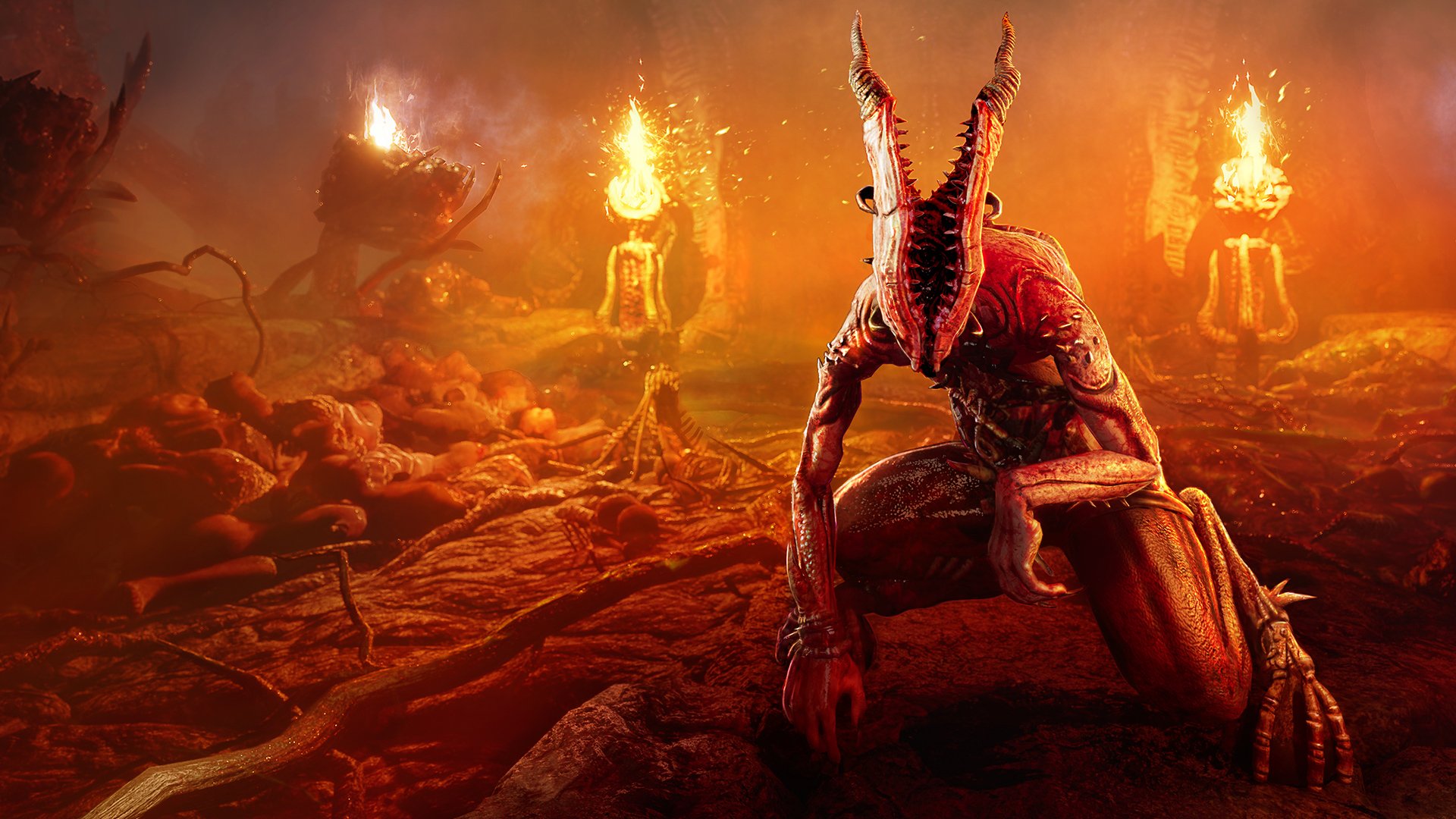The holiday season is upon us, and, per tradition, that means, so too, are our favorite features of the season. So, dust off that one Rudolph film where everyone’s creepy looking and ready that Hanukkah flick where Adam Sandler is even more animated but no less juvenile, because it is that time of the year!
I used to love Christmas as a kid, so much so I even dressed as Santa Claus one Halloween year, but in my adult life, disdain has been a more apt description. It is wonderful as a kid, but, in adulthood, how commercial and manufactured it is starts to feel more prevalent and more apparent.
No more is it waiting for Christmas day to unwrap presents, and, now, it’s more about checking off an arbitrary list of names, making certain no one feels you don’t like them. It’s a thoughtful idea, coupled in with society’s worst materialistic impulses. Seeing your extended family again can be either good or bad, dependent on your relationship with them. Hoping that racist family member won’t show up that year, or that uncle does not drink too much. For some people, it can be a great time to see loved ones, other times, it is not.
Sometimes though, you feel each year is an introduction to the new developments in your life that they had not been a part of, and whether they approve or disapprove, well, that could make or break your holiday season – or have even further reach.
Happiest Season arrived at the Hulu streaming service on November 25th of this year, foregoing a theatrical release on-account of the current Covid-19 pandemic. Helmed by Clea DuVall, the film comprises itself of familiar faces like Kristen Stewart, Makenzie Davis, Allison Brie, Aubrey Plaza, and Dan Levy, among others, with a script written Duvall and Mary Holland respectively.
The romantic comedy has a straightforward concept, although it is a stone left oft unturned by yuletide fables – a woman named Harper heads to Pittsburgh in order to be with her family for the holidays, bringing her girlfriend Abby for the occasion. Problem is, Harper has not yet “come out” to her family members, uncertain of how to tell them and worried what they might think. As they arrive, we are treated to a more in depth look at the deceptively innocent dysfunctions plaguing the family members.
The father hopes to run for mayor, which means he tries to steer them away from controversy, trying to fit them into a neat Christmas gift packaging in spite of whether it is right for them or not. The mother encourages this behavior, strengthening it through her own compulsions and fixations as well. Meanwhile, Harper’s sister feels like she is used as a chess-piece, posed a traditional mother with upright family values, and shows resentment toward Harper because of it. Their third sister, well, no one cares about the third sister (and that’s the problem for her).
The film sees Abby do her best to adjust to the predicament she is in. She is not the girlfriend, but is, instead, the friend who needs someplace to spend the holidays. As she struggles to play the role Harper has cast for her, she finds more out about Harper and her past, and seeds of doubt sprout for their relationship together.
I did not know whether I would enjoy this film when I first started it on Hulu. As prefaced, it bolstered familiar names and faces which were to its benefit. Kristen Stewart is a charming actress who has had impressive turns in dramas like Clouds of Sils Maria and Camp X-Ray, and I believe is at the precipice of becoming a great actress, whereas I enjoyed Allison Brie in Community and Makenzie Davis more recently in the Shudder horror film Always Shine. Of course, it is a Christmas romantic-comedy, which is hardly the place where dramatic range gets stretched, that said, I was thoroughly charmed by the film.
Kristen Stewart is incredibly charming in the film, and alongside Dan Levy’s performance as her “gay friend,” a trope I have always disliked in features because of how over-the-top it comes off, they offer a fun enthusiasm and surprisingly dramatic depth to the film. Dan Levy’s character offers tongue-in-cheek commentary, at first, merely as a framing device, then, evolving into a proper wraparound subplot.
The film is not an emotional juggernaut, which I think is to its benefit. Depending on certain variables, this could have been an entirely different film. There is weight to it, for certain, but it does have a glossy, whimsy backing it, as well. Harper’s mother and father are both conservative in nature, but they aren’t exactly devout church members ready to condemn the homosexuals to a fiery damnation either, which could have made this a far less good-natured film. Instances where Harper and Abby show affection to each other and duck for cover when a family member comes by feels playful and fun, but only because we know that the consequences won’t likely be too harsh. I like that, honestly.
Happiest Season is aware of other, more serious aftermaths, as well, as established through Dan Levy’s character explaining what happened when he revealed his sexuality to his father. However, that’s not the story they told.
Instead, what’s received is a pleasantly sweet, playful comedy about two individuals who love each other and have to navigate the Grinch’s that may have a problem with that.
The film overall may be a little too sugary in retrospect, with answers arriving too easily and predicaments resolving themselves in a fashion too neat and tidy, which is a plight had by most seasonal films. Some subplots feel like I could have taken or left them, like how they’re all mean to the third sister for no reason, and the payoff to that feels like mostly unnecessary comedic relief.
All in all though, it is a warm and fuzzy, light heart film, that’s even capable of a handful of chuckles. Plus, as a bonus, it offers a playful, fun lesbian romantic comedy, and you don’t see those very often. Diversity is good. It is even better when it amounts to an entertaining film. I’d recommend it.





